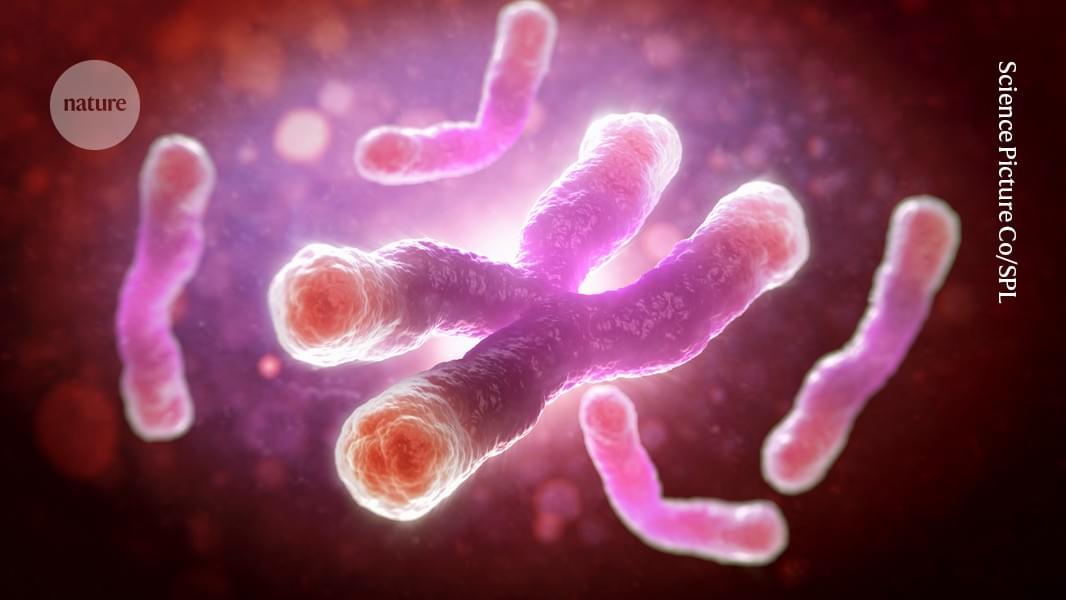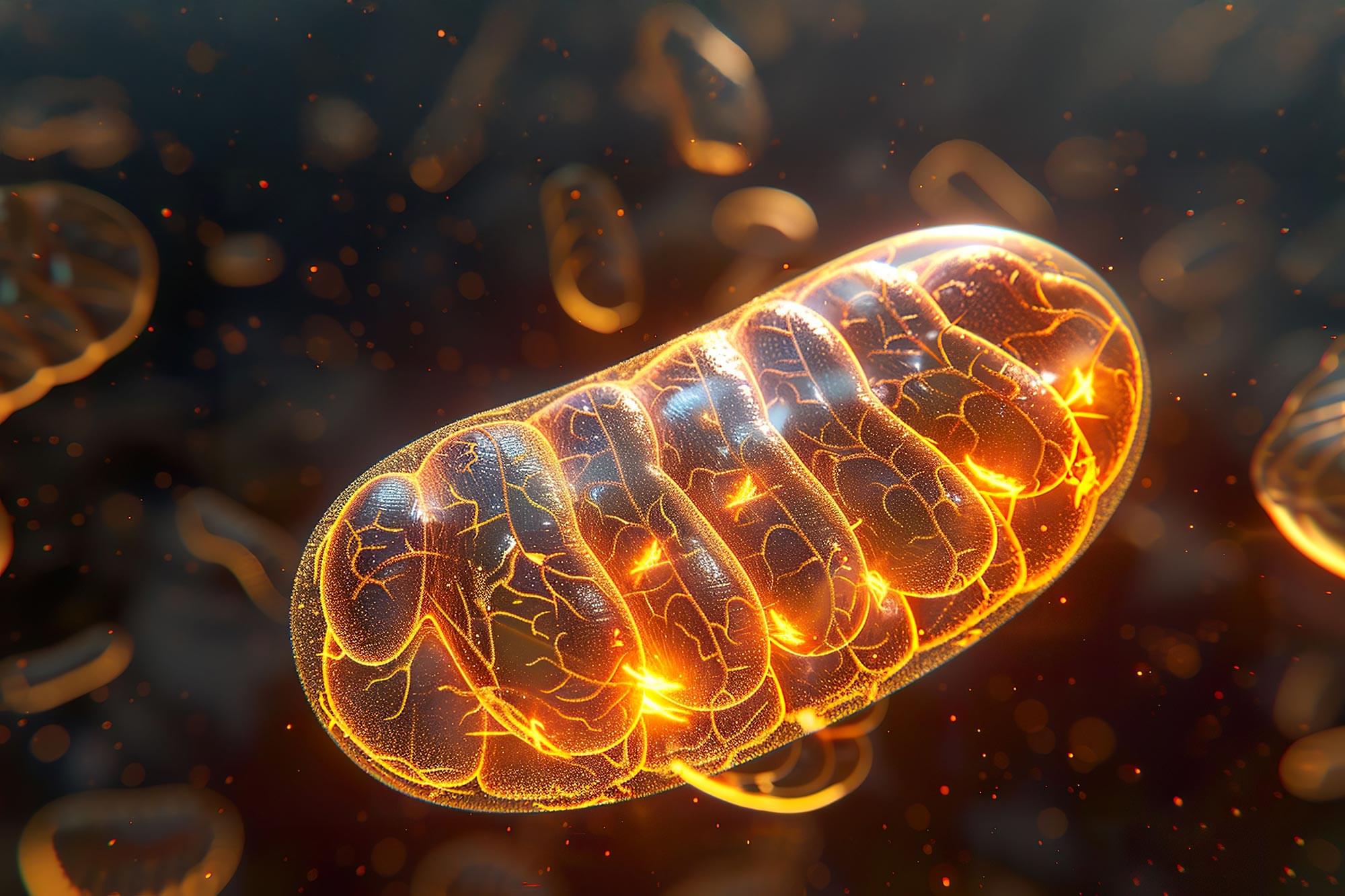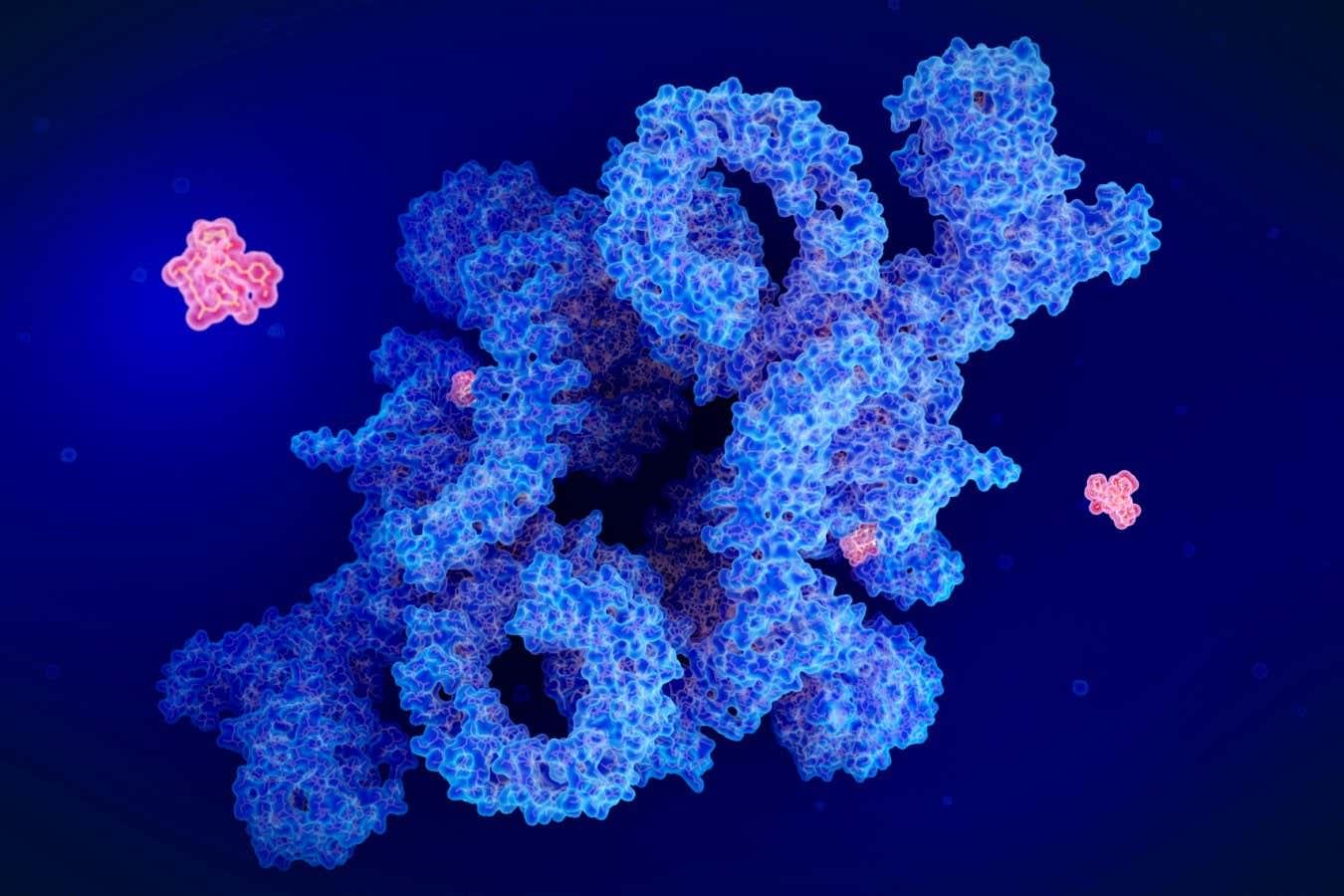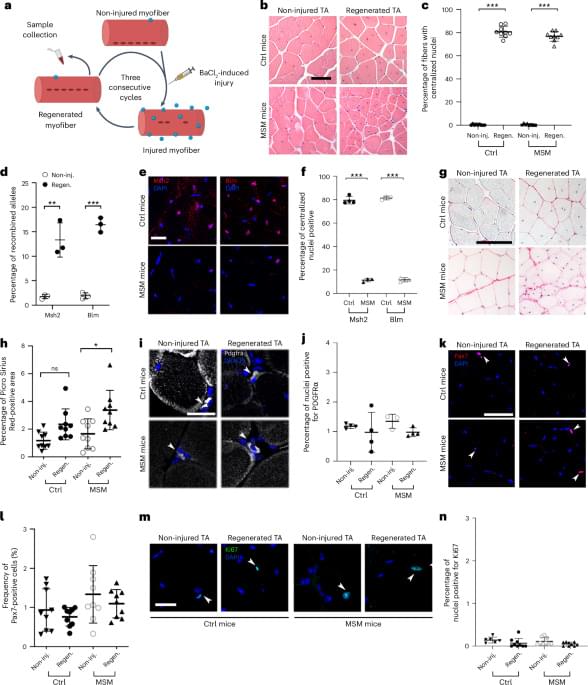Treatment with henagliflozin is linked to an increase in the length of telomeres, chromosomal caps that shorten over time.


If I had the money this would be the first person I would call.
Can one forgotten organ hold the key to reversing aging? In this exclusive interview, Dr. Greg Fahy — one of the world’s leading longevity scientists — reveals groundbreaking discoveries about the thymus, age reversal, and the future of human health.
From regrowing his own thymus to pioneering cryobiology and organ preservation, Dr. Fahy shares insights that could change how we think about aging, immortality, and life extension. This conversation dives into the science behind reversing biological age, restoring the immune system, and even the possibility of medical time travel.
🔑 Topics covered in this video:
Thymus regeneration and why it may be the “master control” of aging.

A Harvard-affiliated study suggests that daily vitamin D supplementation may help slow biological aging by protecting DNA and preserving telomere length. The VITAL trial, which tracked over 1,000 adults for four years, found that participants taking 2,000 IU of vitamin D daily experienced less telomere shortening, effectively reducing biological aging by nearly three years.

Sleep may serve as more than rest for the mind; it may also function as essential upkeep for the body’s energy systems. A new study from University of Oxford researchers, published in Nature, shows that the drive to sleep is caused by electrical stress building up in the tiny energy-producing structures of brain cells.
This finding provides a concrete physical explanation for the biological need for sleep and has the potential to reshape scientific thinking about sleep, aging, and neurological disorders.

A protein called ferritin light chain 1 (FTL1) may play a significant role in brain aging, a new study reveals, giving scientists a new target for understanding and potentially preventing brain deterioration and disease.
FTL1 was brought to light through a careful comparison of the hippocampus part of the brain in mice of different ages. The hippocampus is involved in memory and learning, and it is one of the regions that suffers most from age-related decline.
The study team found that FLT1 was the one protein in this region that old mice had more of and young mice had less of.




With aging, somatic mutations accumulate in cellular DNA; however, whether they drive age-related functional decline is incompletely understood. Here the authors show that these mutations can weaken muscle repair and reduce strength after injury, suggesting they play a role in age-related physical decline in mouse muscle.
